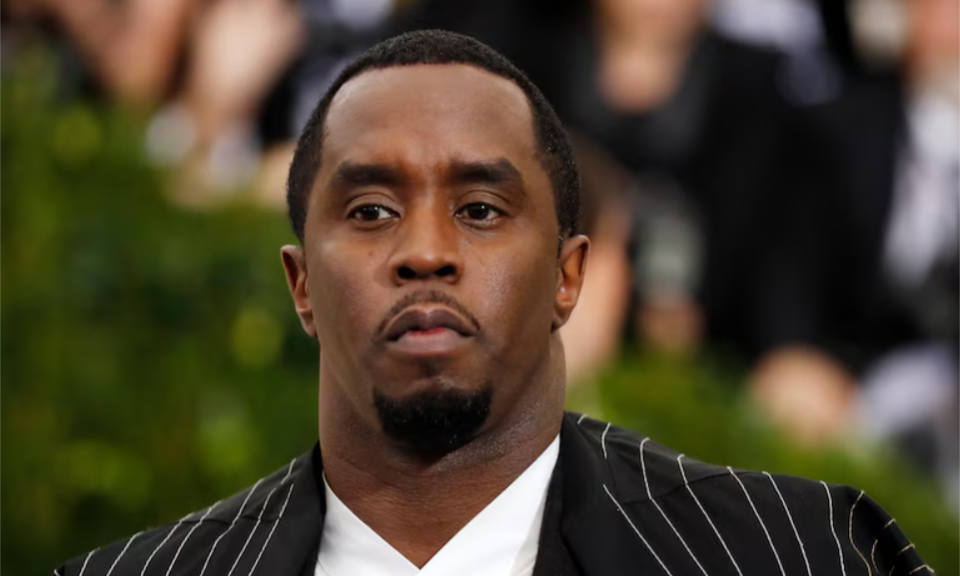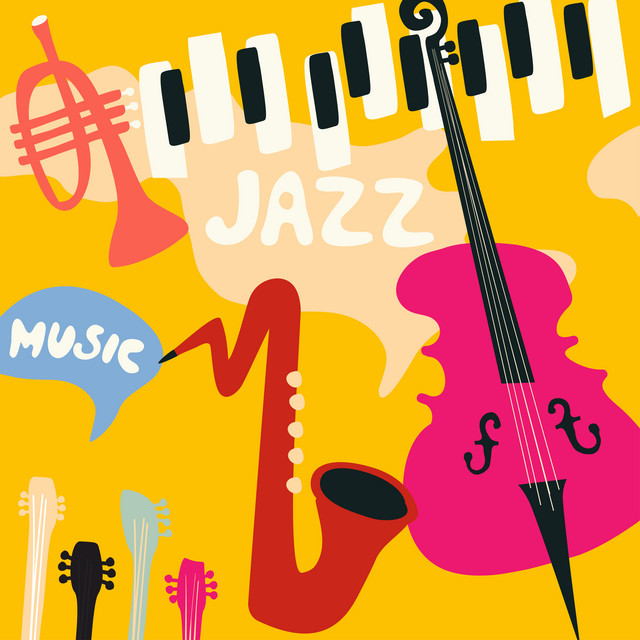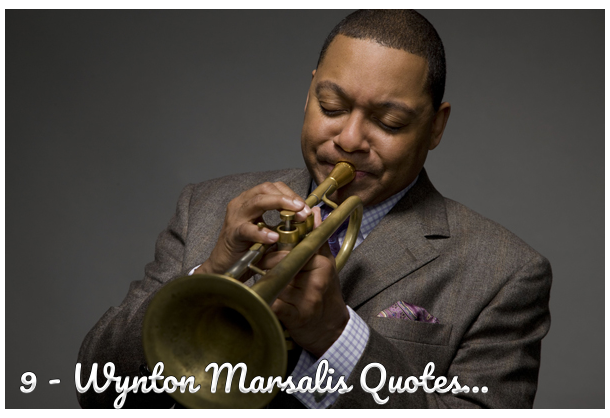(ThyBlackMan.com) If you’ve been anywhere near a headline this summer, you already know: Sean “Diddy” Combs has once again sidestepped the legal noose. Found not guilty on three major federal counts — racketeering, sex trafficking by force, and specific trafficking charges related to Cassie Ventura and Jane — he now stands as a man both liberated and, arguably, forever tainted in the court of public opinion. From a legal vantage point, it is a textbook example of a high-profile defendant, deep pockets, and world-class defense strategy pitted against a government case that was built on witnesses whose credibility the defense gleefully dismantled piece by piece.

When you follow trials for a living, as I do, you start to see certain patterns emerge. Prosecutors cast a wide net — they allege criminal enterprise, a grand conspiracy, the kind of thing that needs multiple counts to justify the scale and weight of federal resources. The jury then takes that mountain of “evidence” — text messages, surveillance footage, salacious witness testimony — and parses out whether the charges stand or fall, one by one. And when the biggest charges hinge on the idea that every piece fits neatly into the puzzle of a criminal enterprise, it only takes one wobbly piece for the whole image to come undone.
That’s exactly what happened here. Let’s not gloss over the fact that the jury did convict Diddy on one count — transporting Cassie Ventura and Jane across state lines to engage in prostitution. That’s not a throwaway conviction. That means the jury found at least one slice of the government’s story credible and criminal. But the broader narrative — that this was all orchestrated through force, fraud, or coercion as part of a racketeering scheme — simply didn’t stick.
One reason? The defense did a masterful job recasting these relationships as deeply flawed but ultimately consensual. The strategy here wasn’t to present Diddy as a saint. No, they conceded his behavior was unsavory, even violent — they leaned into the tabloid spectacle. They painted him as a complicated, messy human with complicated, messy love affairs. They turned what prosecutors said was a campaign of control into a “great modern love story” punctuated by bad choices, mutual dependency, and toxic romance. And for this jury, that was enough to break the chain of racketeering and forced trafficking.
If you followed the closing arguments, you’d have heard defense lawyer Marc Agnifilo hammering away at inconsistencies in the prosecution’s star witnesses. Here’s the cold reality for prosecutors: in a high-profile celebrity trial, your witnesses better be bulletproof, because any hint of mixed motives, any text or social media post that suggests ongoing contact after the alleged abuse, and the entire edifice comes crashing down. The defense found the cracks — they always do when they have the time, money, and team to do it.
That’s the problem when you build your case on people who, for better or worse, kept showing up in the defendant’s life, who texted him warm wishes long after the alleged horrors, who sometimes even got back together with him. As an observer, you can’t help but see how complicated trauma bonding and power dynamics can be — but a jury is not a group of trauma experts. They are twelve lay people trying to make sense of murky, contradictory human behavior.
The not guilty verdicts also reflect the defense’s smart pivot to the legal definition of force, fraud, or coercion. It’s not enough to prove that Diddy is a morally reprehensible boyfriend or that he paid hush money — you must prove that the women had no real choice in the matter. That’s a high bar, especially when the evidence shows them willingly traveling, staying in luxurious hotels, and continuing the relationship long after the alleged forced events.
But let’s talk about the elephant in the room: Diddy is now a “free man” — but only technically. He’s free in the legal sense, no longer facing a life sentence. The mandatory minimums tied to the racketeering and sex trafficking counts have evaporated. But that one guilty verdict on transporting for prostitution? That’s not nothing. He will likely get a sentence for that count alone, though any time he does serve will pale in comparison to what was on the table just days ago.
From an entertainment critic’s perspective, it’s hard not to see this as a rerun. Back in 2001, Diddy beat gun possession and bribery charges related to the infamous Club New York shooting. Then, as now, he walked out of the courtroom with his brand battered but still intact. He spun that acquittal into more music, more business ventures, and an aura of invincibility that stuck around for decades. Now, after this circus, is history repeating itself — or is this the last time the jury room goes his way?
The hip hop world, fickle as ever, faces a moral crossroads. Will the industry welcome him back with open arms, as they did when he reinvented himself as a mogul, a mentor, a champagne-sipping elder statesman of Bad Boy nostalgia tours? Or will they collectively decide that the stain of this trial — the witness accounts, the raided properties, the tabloid headlines — is too toxic to forgive? You can’t help but wonder if this verdict is less an exoneration and more an invitation for the public to decide for themselves who he really is.
There’s also the uncomfortable question about what this says for the larger #MeToo movement, especially as it collides with powerful men in the music business. Prosecutors brought a mountain of evidence, but this was not a cut-and-dried Harvey Weinstein situation where the force and coercion were clear-cut and multiple victims corroborated each other’s accounts to an airtight degree. Instead, you had messy entanglements, lovers who went back for more, NDAs that blurred the lines, and witnesses whose stories didn’t line up in ways that would sway twelve strangers beyond a reasonable doubt.
And that’s the thing about criminal law: the standard is high for a reason. It should be. But in high-profile cases like this, that standard can become an insurmountable wall if the story is messy enough. The government needed a through-line that was unassailable — a clear narrative that Diddy was not just a bad boyfriend or toxic ex but a mafia-like kingpin orchestrating a web of human misery. The jury, after three days, simply couldn’t see it.
What comes next? In the short term, Diddy will likely do what he’s always done: pivot. He’ll launch new ventures, possibly drop music that leans into this “survivor” narrative. He’ll cast himself as misunderstood, persecuted by the system, but too smart and too rich to ever be taken down. If history is any guide, he’ll emerge from any sentence tied to that single guilty count with a renewed sense of mythos. The man has never shied away from controversy — he’s monetized it for decades.
But the bigger question is whether the culture that made him can keep looking the other way. Is this a community that will once again reward him with packed stadiums, new brand deals, more reality shows? Or is this the moment where even hip hop — notorious for its “no snitching,” boys-club mentality — says enough is enough? Or do they simply shrug and say, “If the jury said not guilty, who are we to say otherwise?”
And what of the alleged victims? For them, this verdict must feel like a gut punch. Watching the defense team call their credibility into question, hearing their private texts and social posts twisted into a narrative of complicity — it’s the cost of trying to bring a powerful man to court when your life is already entangled in his world. They spoke up, they testified, they lived under the microscope. And now, once again, the system says: not enough.
There’s a reason this trial captivated the nation. It’s not just about Diddy the mogul. It’s about the spectacle of power, celebrity, and the uncomfortable truth that our courts remain one of the few places where even the rich must answer for the stories that swirl around them. But answering doesn’t always mean paying. And acquittal doesn’t always mean innocence in the moral sense. Sometimes it means the jury couldn’t find a clean enough narrative in the chaos.
In the end, Diddy remains a cautionary tale and a Rorschach test for the industry. Is he a survivor of overzealous prosecutors and gold-digging accusers? Or is he a manipulative titan who weaponized consent and power dynamics to shield his worst instincts? The legal system gave its answer: not guilty on the big stuff. But the culture may yet render its own verdict.
For now, the man who once called himself Puff Daddy, who then became P. Diddy, who now simply goes by Diddy — he walks out of that Brooklyn detention center not a completely free man, but free enough. Free to return to his empire, to spin this into another chapter of his relentless reinvention.
Whether that freedom will ever feel clean — for him, for his accusers, for hip hop — is an entirely different question. But legally speaking, the record now shows it plain as day: Diddy beat the government again. And that, for better or worse, is the show we’re all watching.
The entertainment world loves a comeback story. The trial lawyer in me knows one thing for certain: Diddy’s about to write his next one — and no jury can stop him now.
Staff Writer; Jason H. Brown

















Leave a Reply